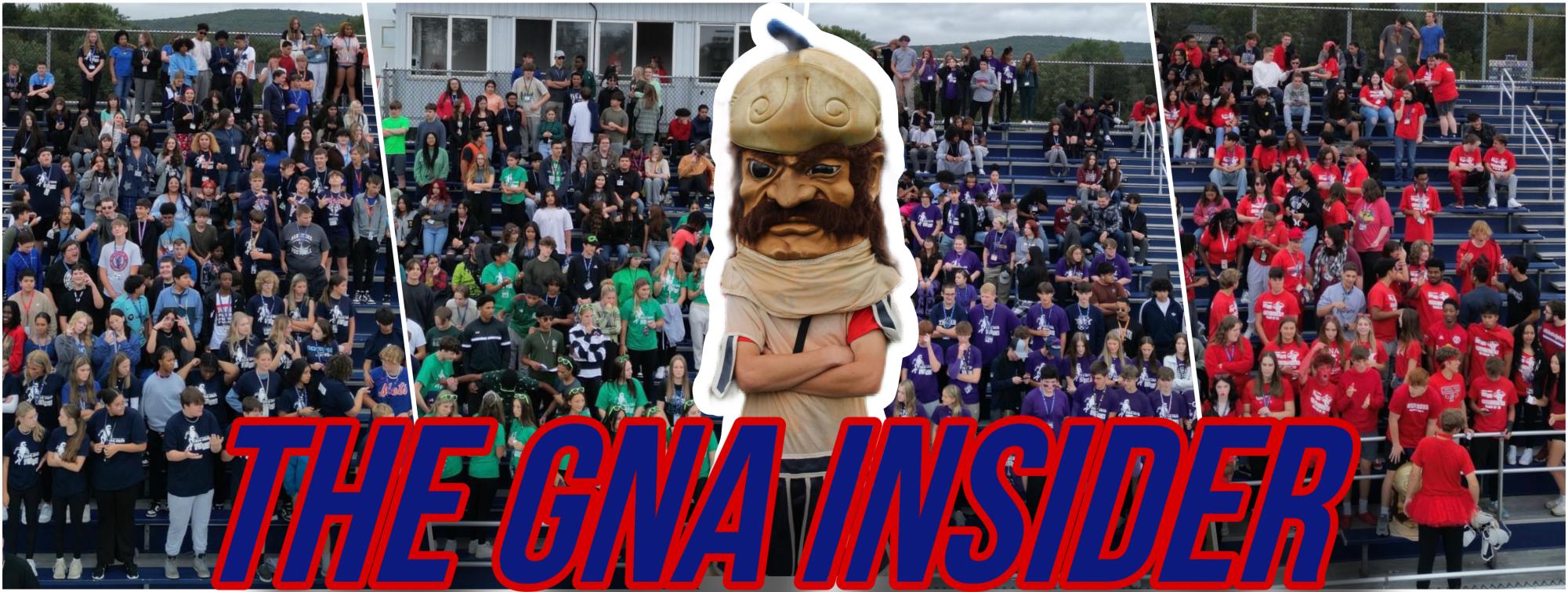The language of music
English is one of the most widely spoken languages across the world with nearly 983 million speakers. It is second only to Mandarin Chinese. Having said that, it only makes sense that English music is everywhere. From supermarkets in France to buses in Brazil, English music can be heard. For many, it is not the language that intrigues them but rather the sound and beat of the music. As of October 16, “Havana” by Camila Cabello ft. Young Thug is #47 on the Gaon Digital Music Chart in South Korea. “Shallow” by Lady Gaga and Bradley Cooper is #1 in France according to the Billboard Digital Music Charts. Crazy, right?
This confuses native English speakers as English songs top the charts in foreign countries. After all, besides Despacito, when’s the last time a song not sung in English topped the American charts? The British charts? The Australian charts? Despacito dominated the radio as well as the #1 ranking for weeks. Many agree that this is simply because an English speaking artist was featured in the remix of the Spanish song. In the Billboard Hot 100’s 60 year history, only 16 non-English songs have appeared within the top 10. A majority of these songs made the chart in the 1960-70s. Of the 10 largest music industries in the world, four of them are English speaking countries.
Although many songs now feature Spanish verses, there isn’t much representation for any other languages. Korean pop has bounced throughout the American charts, but the genre struggles in other English speaking countries.
Many English speakers feel as if language is barrier when it comes to music, explaining why foreign music doesn’t often make it to the top. However, music is a universal language that speaks to anyone willing to listen.
Has English become the official language of music?

My name is Harley LaRue, and I am currently a senior. This is my third year working for The GNA Insider.
I moved to GNA at the end of the 9th grade...







